Celebrating Shivratri: A guide to traditions and festive practices
Embracing the Spirit of Shivratri: A Guide to the Festival's Traditions and Celebrations. Read further to know more.
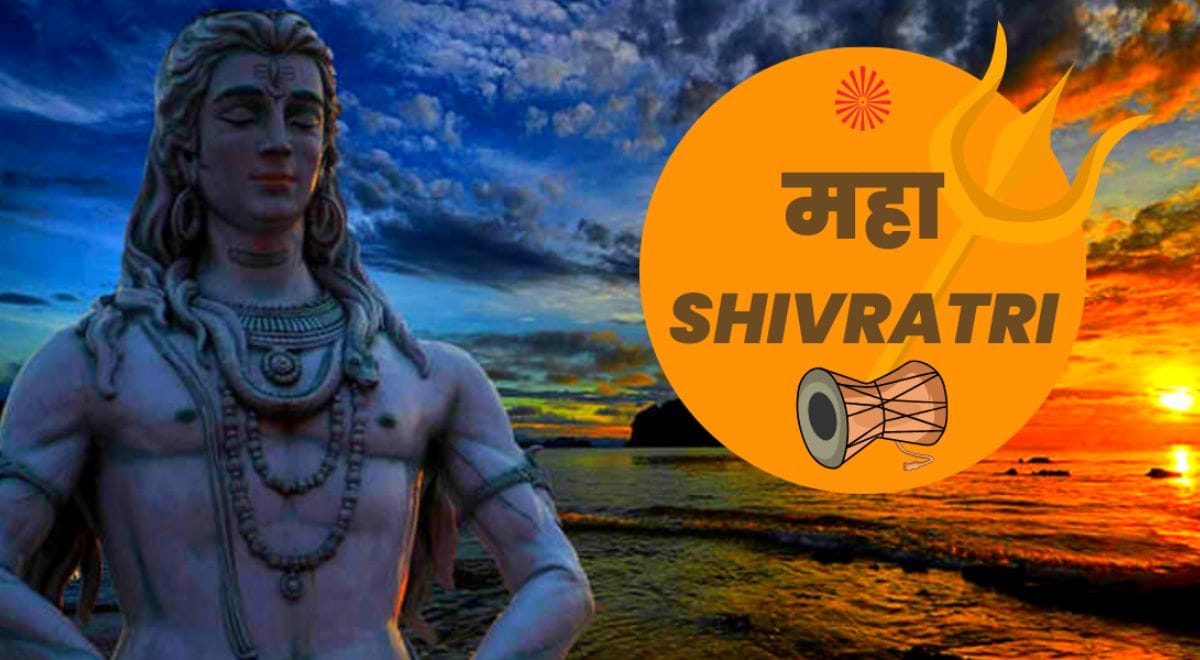
In Hindu mythology, it is said that Lord Shiva and Goddess Parvati were married on the night of Shivratri, and the festival serves as a celebration of their union. Lord Shiva, known for his power and might, is often depicted as a symbol of destruction, but on this night, he is revered as the bringer of peace, happiness, and prosperity. The festival is observed on the 13th or 14th day of the Hindu month of Phalguna (February/March) and is a time for devotees to come together to pay homage to Lord Shiva and seek his blessings for spiritual growth and enlightenment.
The mythology surrounding Shivratri is both rich and complex, with many different stories and legends associated with the festival. Some believe that it was on this night that Lord Shiva drank the poison that was churned from the ocean of milk, saving the world from destruction. Others believe that it was on this night that Lord Shiva performed the Tandava dance, a cosmic dance that symbolizes the cyclical nature of creation and destruction.
Regardless of the specific mythology associated with Shivratri, the festival is a celebration of the power and mystery of Lord Shiva, and a reminder of the deep connection between the physical and spiritual realms. It is a time for devotees to come together and seek blessings from the deity, and to embark on a journey towards spiritual growth and enlightenment.
Traditions And Practices
The celebration of Shivratri has a rich history and tradition, and there are several customs and practices that are followed during the festival. Here, we take a look at some of the key traditions and festive practices of Shivratri.
1.Fasting
Fasting is one of the most important traditions during Shivratri, and many devotees choose to observe a fast for the entire day or even for several days leading up to the festival. Fasting is believed to help purify the body and mind, and to bring the individual closer to Lord Shiva. Some devotees choose to eat only one meal a day, while others choose to abstain from food altogether.
2. Puja (Prayer and Offerings)
Puja is an integral part of Shivratri celebrations and is performed to honor Lord Shiva. During the puja, offerings of flowers, fruits, and sweets are made to the deity, and prayers are recited to seek his blessings. The puja can be performed either at home or at a temple, and is often accompanied by the chanting of mantras and the ringing of bells.
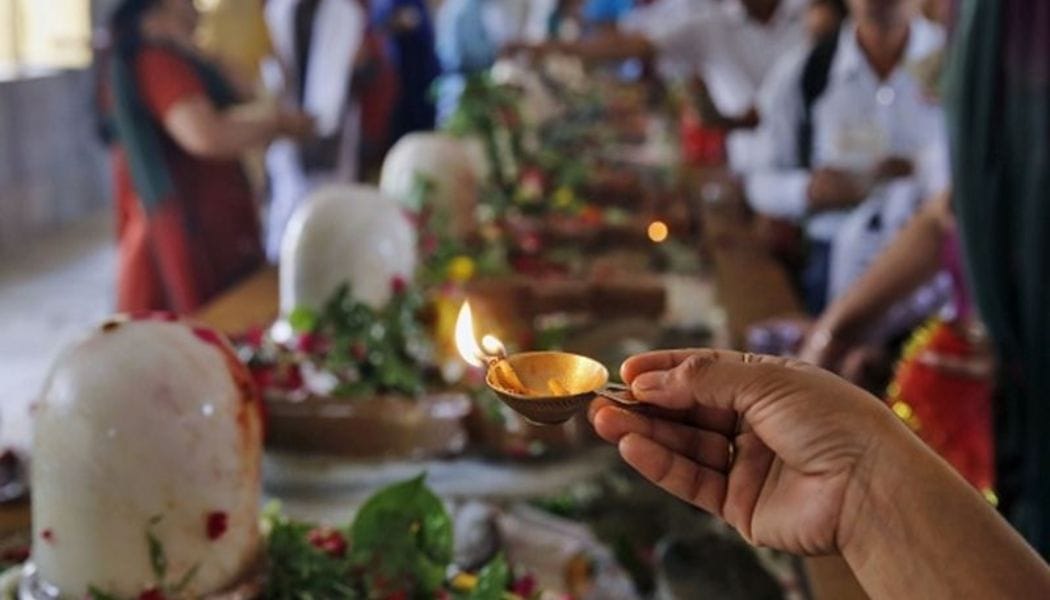
3. Dhyan (Meditation)
Dhyan, or meditation, is another key aspect of Shivratri celebrations and is believed to bring the mind and body into a state of balance and clarity. During the festival, devotees engage in dhyan, seeking to connect with Lord Shiva and to gain a deeper understanding of their own soul.

4. Tapas (Austerity)
Tapas, or austerity, is also an important part of Shivratri celebrations and involves individuals abstaining from certain comforts and luxuries as a way of purifying the body and mind. This can include anything from sleeping on the floor to giving up certain foods. The idea behind tapas is to demonstrate devotion to Lord Shiva and to bring the individual closer to the deity.
5. Processions
Processions, or parades, are a common sight during Shivratri and are held to commemorate the festival. During these processions, devotees carry images of Lord Shiva and other Hindu deities, accompanied by the beating of drums and the chanting of mantras.
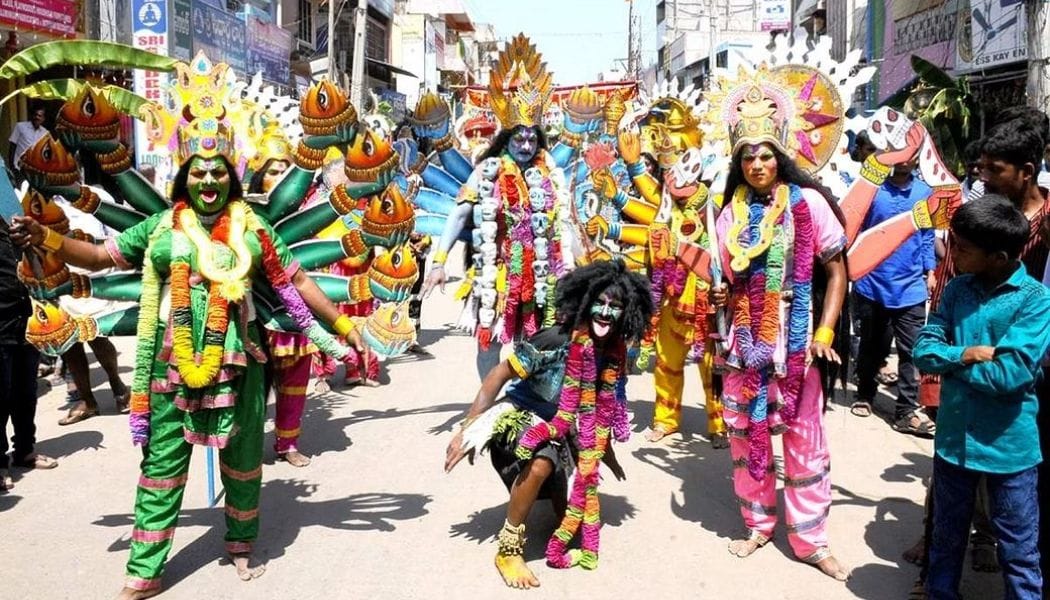
6. Night Vigil
Shivratri is a night-long festival, and many devotees choose to stay awake throughout the night, either in meditation or in prayer. It is believed that staying awake throughout the night brings the individual closer to Lord Shiva and helps to purify the mind and body.
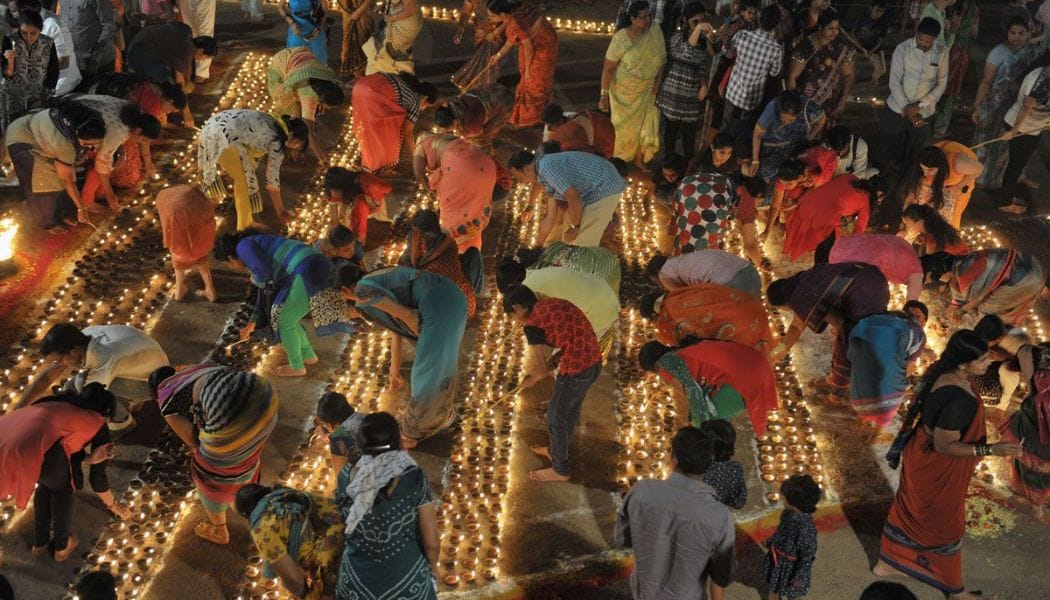
7. Eating Prasad
Prasad, or sacred food, is an important part of Shivratri celebrations and is believed to be blessed by Lord Shiva. For example bel patra in Odisha, dahi baingan in Uttar Pradesh, bhaang in North India, kudumulu in Andhra Pradesh, kheer in Madhya Pradesh, etc. During the festival, devotees consume prasad as a way of receiving the deity’s blessings and purifying the body and mind.
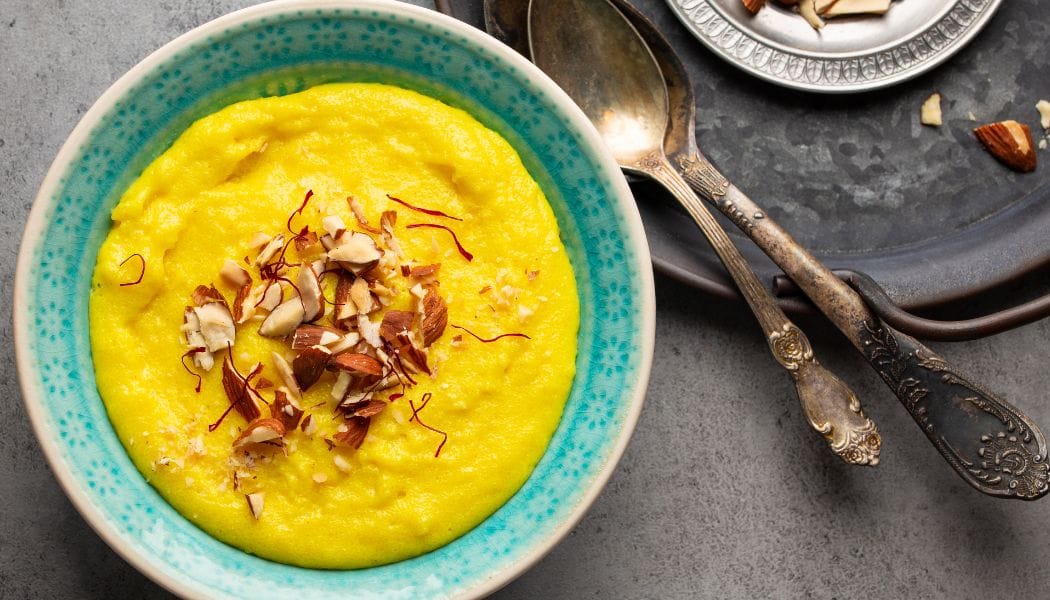
Thoughts
Indian festivals are a testament to the power of love and devotion and are a reminder of the deep connection between the physical and spiritual realms. Whether you are participating in the festivities for the first time or are a seasoned devotee, Shivratri is a celebration that is sure to leave you feeling uplifted, refreshed, and inspired. So, go ahead, immerse yourself in the magic of the festival, and experience the true power of Shivratri.

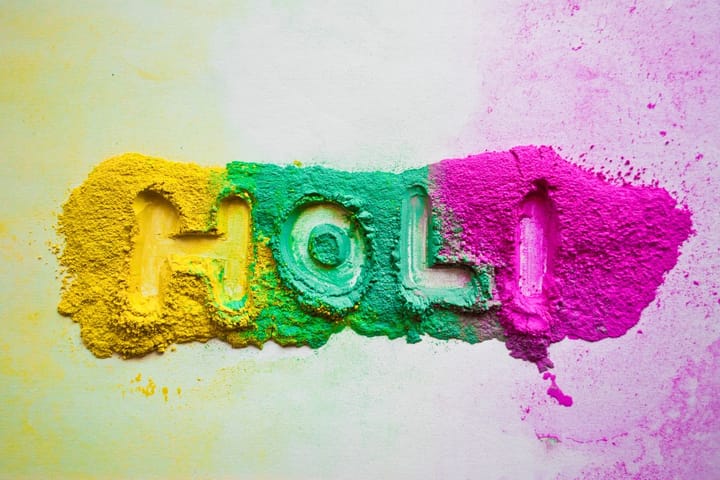


Comments ()